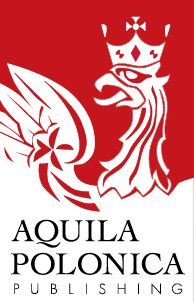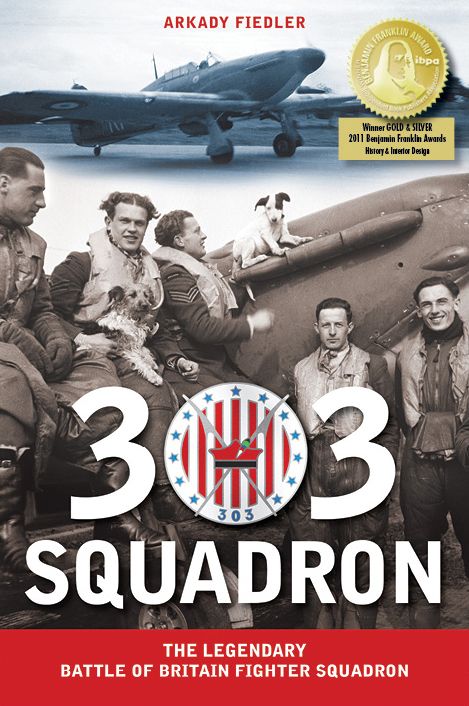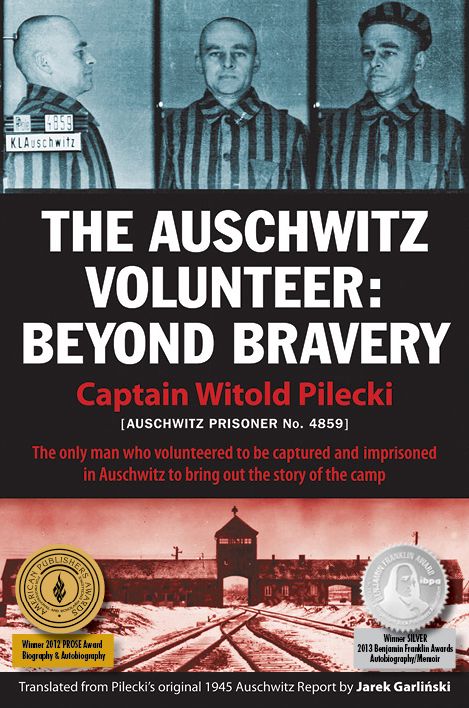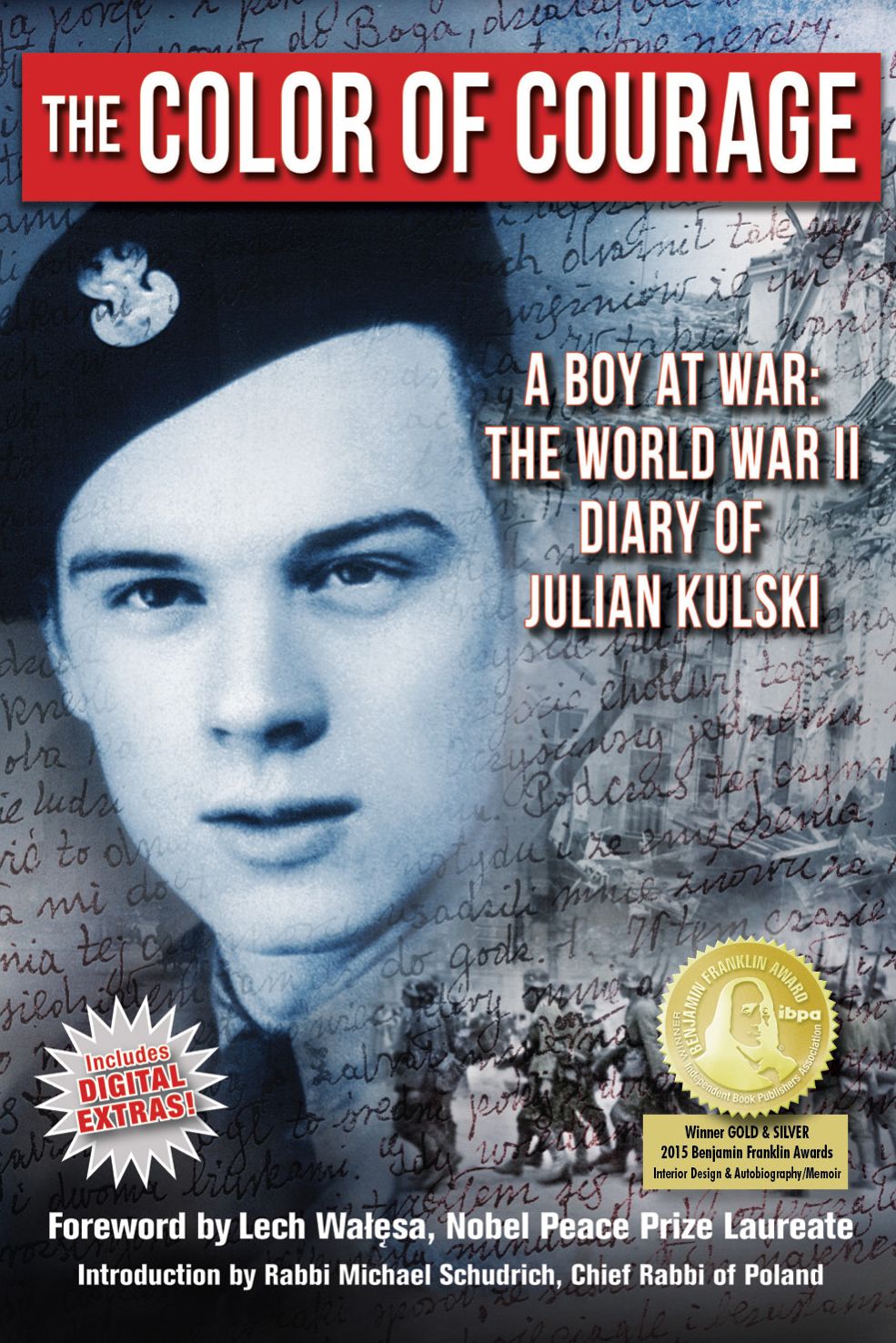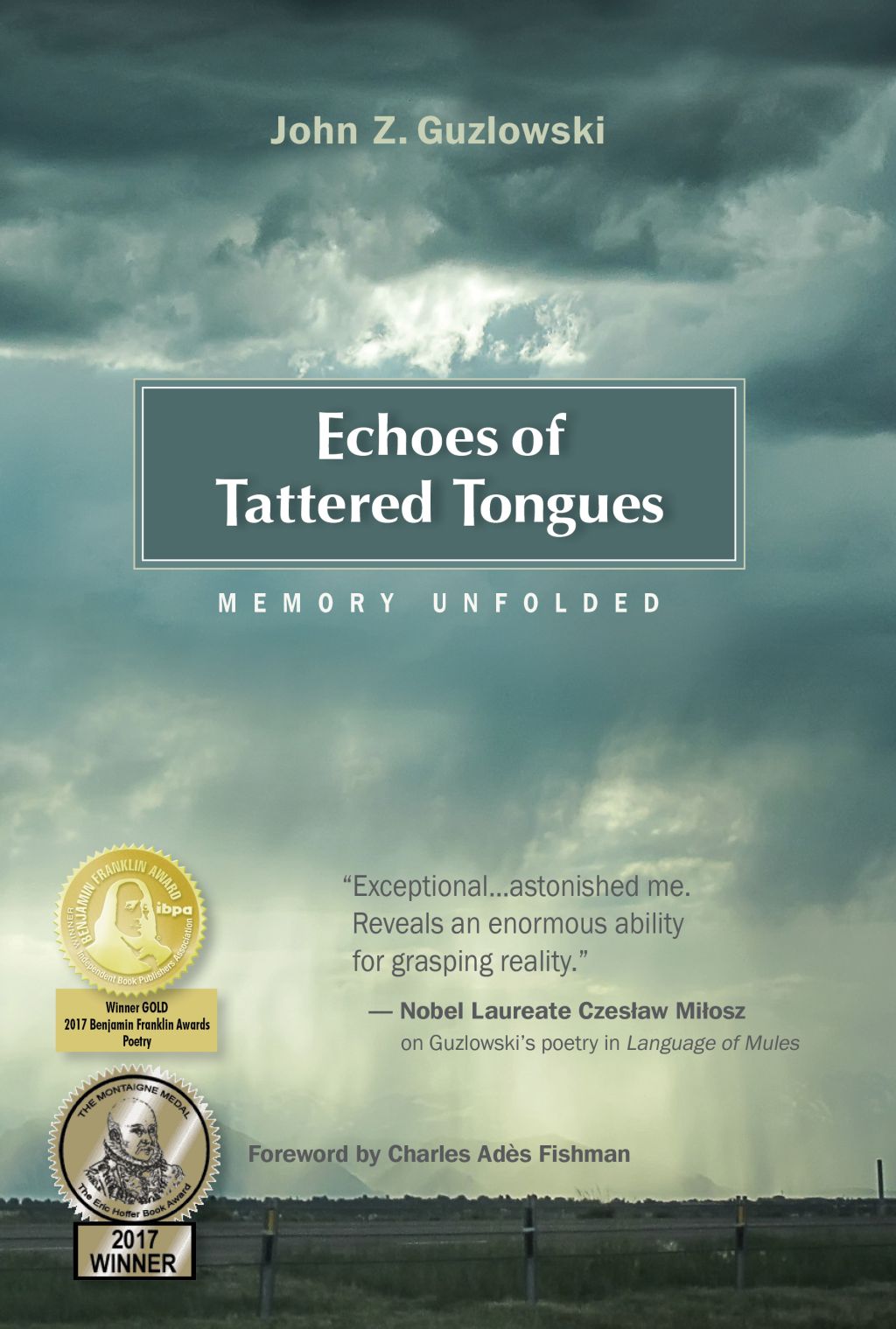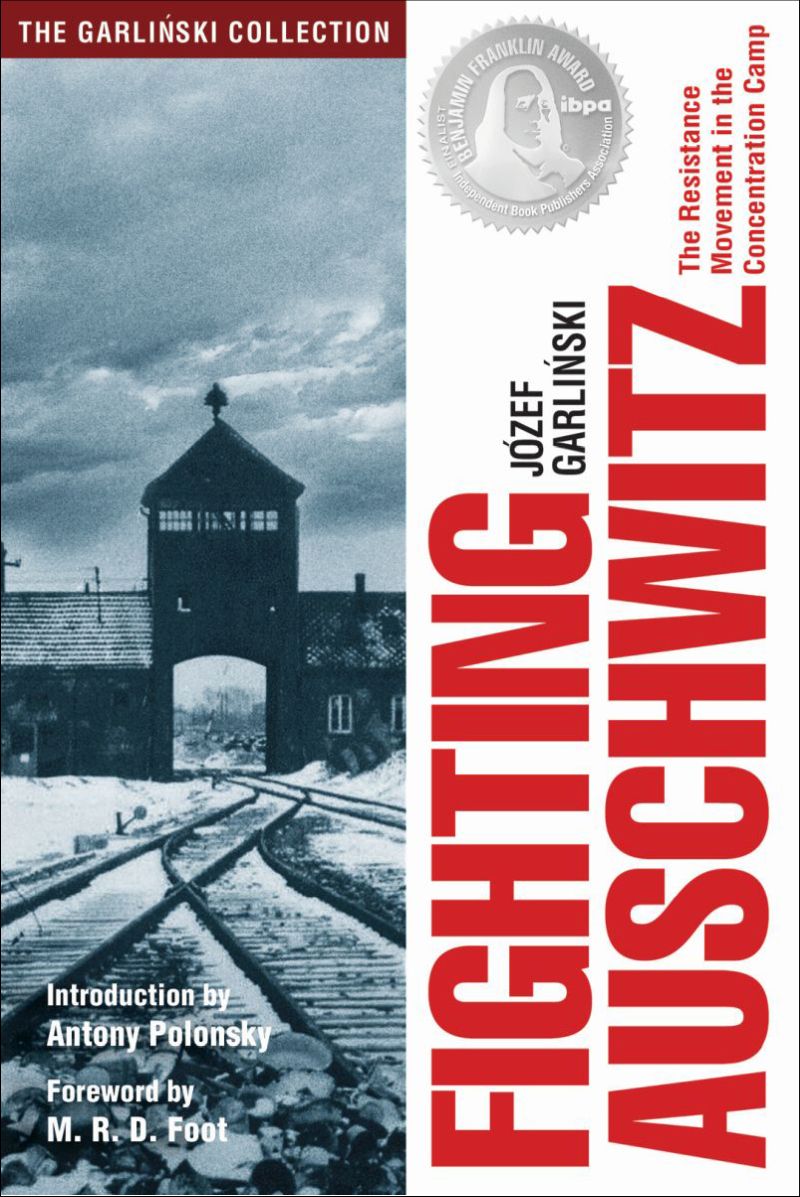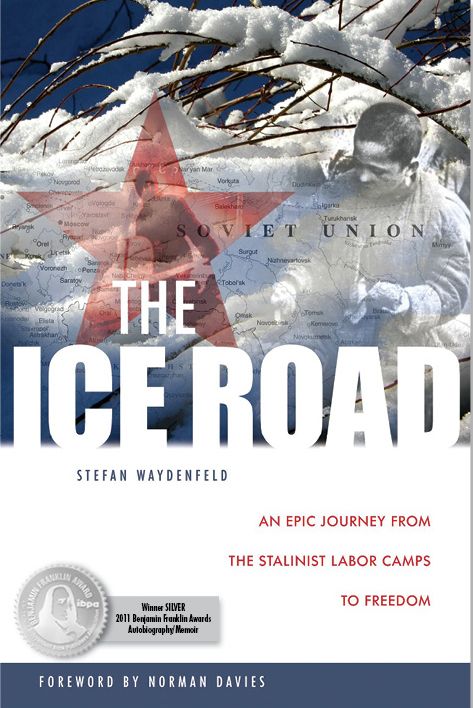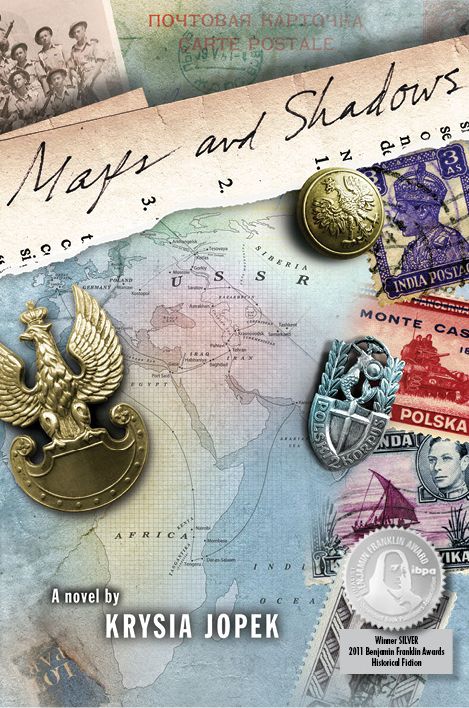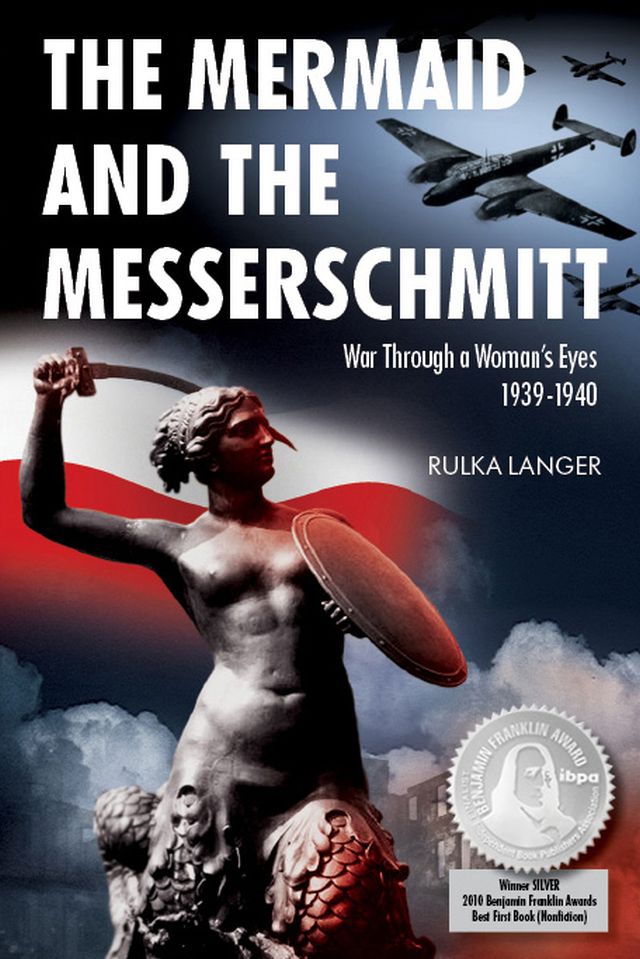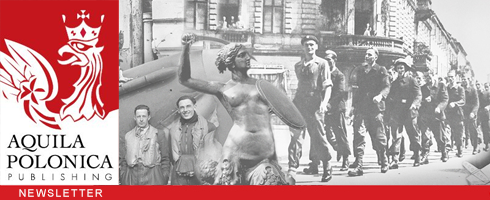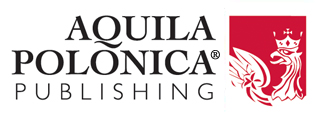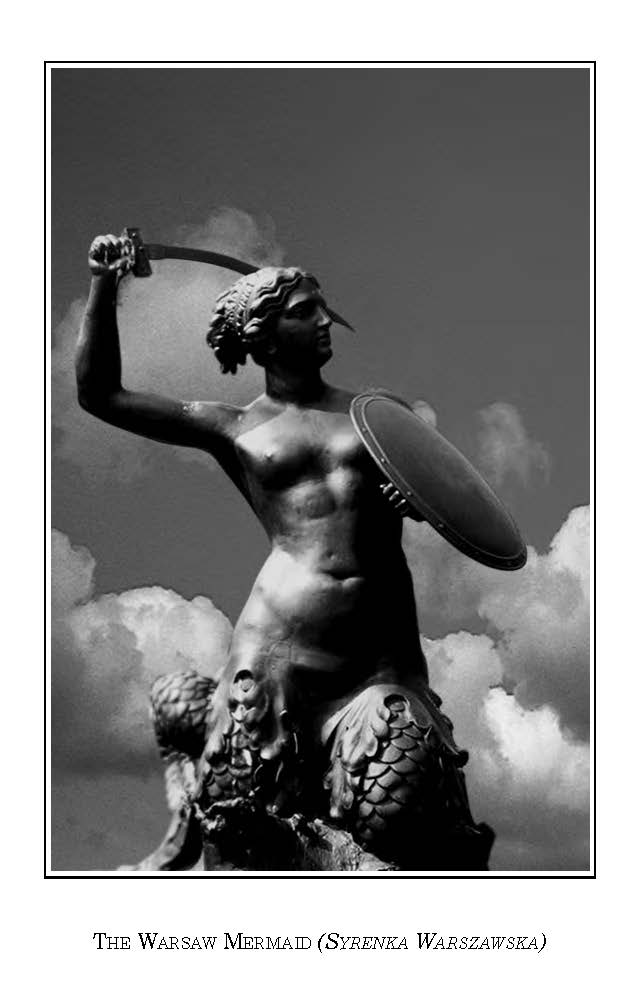
Travels with The Mermaid…
 By Kyle Langer-Melton
By Kyle Langer-Melton
Kyle Langer-Melton is the grandson of Rulka Langer, author of “The Mermaid and the Messerschmitt.” The San Francisco college student spent part of the summer of 2011 travelling in Poland. His goal was to learn more about his Polish heritage, a goal partially triggered by reading the new Aquila Polonica edition of his grandmother’s book.
***************************************
Kyle wrote this series of posts about his travels. Come along with Kyle as he follows the “road map” of his grandmother’s experience, and discovers his heritage.
PART 1: Why I’m going to Warsaw
In 1941, my grandmother, Rulka Langer, a native Varsovian, wrote The Mermaid and the Messerschmitt. The book is about her first-hand experience during the Siege of Warsaw, her endurance of five months of German occupation, and her ultimate escape from Poland to the United States.

Having hardly any memories of my grandmother—she died when I was five years old—The Mermaid and the Messerschmitt is of great personal significance to me. It is the only bridge I have to my cultural heritage. My mother, Barbara Langer, was born in Connecticut and raised as a typical American child. She didn’t learn Polish or inherit any traditions or cultural knowledge from my grandparents.

When I arrive in Warsaw on June 2, 2011, I will be the first in my family to visit Poland since my grandparents returned for a visit in 1969.
My Polish is as rudimentary as it gets. While working at a hostel in San Francisco, I find more opportunities to practice my Finnish or Swiss German, than Polish. But I have been lucky to make connections with several people who live in and around Warsaw, and who have agreed to facilitate my journey through this city of my family’s past.
Using Rulka’s book as my guide and Warsaw as my backdrop, I intend to search for commonalities between her life and my own, while discovering links between the free Poland of today and the Poland that existed before World War II.
I invite you to come with me on this personal journey as I attempt to more firmly establish my Polish identity.
***************************************
PART 2: Over the jet-lag…exploring Warsaw

Warsaw is a beautiful city. I’ve been here three days now and it has surprised me in many ways. World War II memorials are all over the city—next to grocery stores and outside of nightclubs—but the atmosphere here seems upbeat. Tomb of the Unknown Soldier at the Saski Gardens
English is the undisputed second language of the city, especially
among people my own age. Strangers on the street have been extremely hospitable and tremendously helpful when prompted with a simple Mowiesz po angielsku? [Do you speak English?]

I have yet to visit many of the historical sights I came here to see, as this is the first day that my jetlag has completely abated. I will be tracing the places in Warsaw that my grandmother, Rulka Langer, wrote about in her memoir The Mermaid and the Messerschmitt.
Stay tuned…
***************************************
PART 3: Finding the family home…discovering my great uncle
With the help of innumerable citizens of Warsaw eager to help me around in my journey, I have managed to navigate Warsaw with a relative degree of success in the past week.
 On Tuesday I strolled around Nowy Swiat (a popular shopping district then and now) to Mokotowska 57, my grandmother’s home while growing up and during her final months in Warsaw. The building, though obviously restored, is just as elegant as I imagine it was during her lifetime.
On Tuesday I strolled around Nowy Swiat (a popular shopping district then and now) to Mokotowska 57, my grandmother’s home while growing up and during her final months in Warsaw. The building, though obviously restored, is just as elegant as I imagine it was during her lifetime.

An old man was kind enough to let me into the courtyard and, through my broken Polish
and German, was able to understand the story behind my visit to the quiet apartment complex. He even knocked on his neighbors’ windows and asked them if they knew anything about the Godlewskiego family of Mokotowska 57 (my grandmother’s maiden name was Godlewska). No one there had any knowledge of Rulka’s family.
My luck changed when I got a Warsaw Public Library card and found a book about my great-uncle, Rulka’s brother Aleksander Lech Godlewski, who—I’ve come to understand—is regarded as something of the Polish Margaret Mead. (In The Mermaid and the Messerschmitt, which was written during World War II when Poland was still ocupied by the Nazi Germans, Rulka used the pseudonym “Franek” for her brother in lieu of his real name to protect him—she also used pseudonyms for other family and friends for the same reason.)

Godlewski was the first Polish anthropologist to explore indigenous Australia and Oceania, and published many books on the subject over the course of his career. Ultimately, he became the foremost national expert of his generation in Oceanic cultural studies.
I also learned that my great-uncle had two sons with his wife, Klara Maria Walewska. He and his wife left Warsaw in 1961 when Lech took a job as a professor at the University of Wroclaw.


It is a long shot to try to track down my Polish cousins based only on this information, butI feel extremely lucky to have made it this far. Each step along the way has been punctuated by the profound beauty and history of this city.
There are many more sights to see, many more people to meet, and plenty more adventures to create as I comb through this enigma that is modern Warsaw in pursuit of the bridge between the richness of my family’s past and that of its future.
Stay tuned, more to come!
***************************************
PART 4: The Final Post: Warsaw…the future and the past

The ten days I’ve spent in Warsaw have been packed with sights, sounds and smells that somehow blend the exotic and the familiar—much as the darkness of city’s past seems to be joined at the hip with the brightness of the future.
While I cannot pretend to fully understand Warsaw’s customs, mores and politics in such short time, I can say that I’ve encountered unabashed sincerity and hospitality from everyone I’ve met.
 Warsaw’s youth culture is no different from that of San Francisco: ambitious, educated and worldly. And they know how to celebrate life. Food is a big part of that enjoyment. Polish food seems very similar to German and Scandinavian—an acquired taste to a California boy like me.
Warsaw’s youth culture is no different from that of San Francisco: ambitious, educated and worldly. And they know how to celebrate life. Food is a big part of that enjoyment. Polish food seems very similar to German and Scandinavian—an acquired taste to a California boy like me.
 I couldn’t help but notice that every part of Warsaw seems to be under construction, as if the city were eager to catch up with its Western European neighbors. The first Starbucks opened just over a year ago, and while I’m not entirely enthusiastic about the global availability of the Caramel Macchiato, it’s a sign of the economic and cultural floodgates that have opened since the fall of communism.
I couldn’t help but notice that every part of Warsaw seems to be under construction, as if the city were eager to catch up with its Western European neighbors. The first Starbucks opened just over a year ago, and while I’m not entirely enthusiastic about the global availability of the Caramel Macchiato, it’s a sign of the economic and cultural floodgates that have opened since the fall of communism.
In The Mermaid and the Messerschmitt, my grandmother, Rulka Langer, wrote about a dark period in Warsaw’s history, World War II. It is a history that cannot be hidden, from the bullet-riddled old buildings to the weathered stares of the elderly.
I combed through the pages of The Mermaid in search of places my grandmother wrote about that I might find during my visit. And just as in her book, I found history at every corner.
Prague or Berlin have been the darlings of tourists for many years now. Warsaw is not quite there yet, and that is part of its charm.
As I leave the city my grandparents called home with a greater connection to my familial roots, I feel that I haven’t completed a project so much as I have just begun to undertake a great one…and I am sure that Warsaw feels exactly the same.


